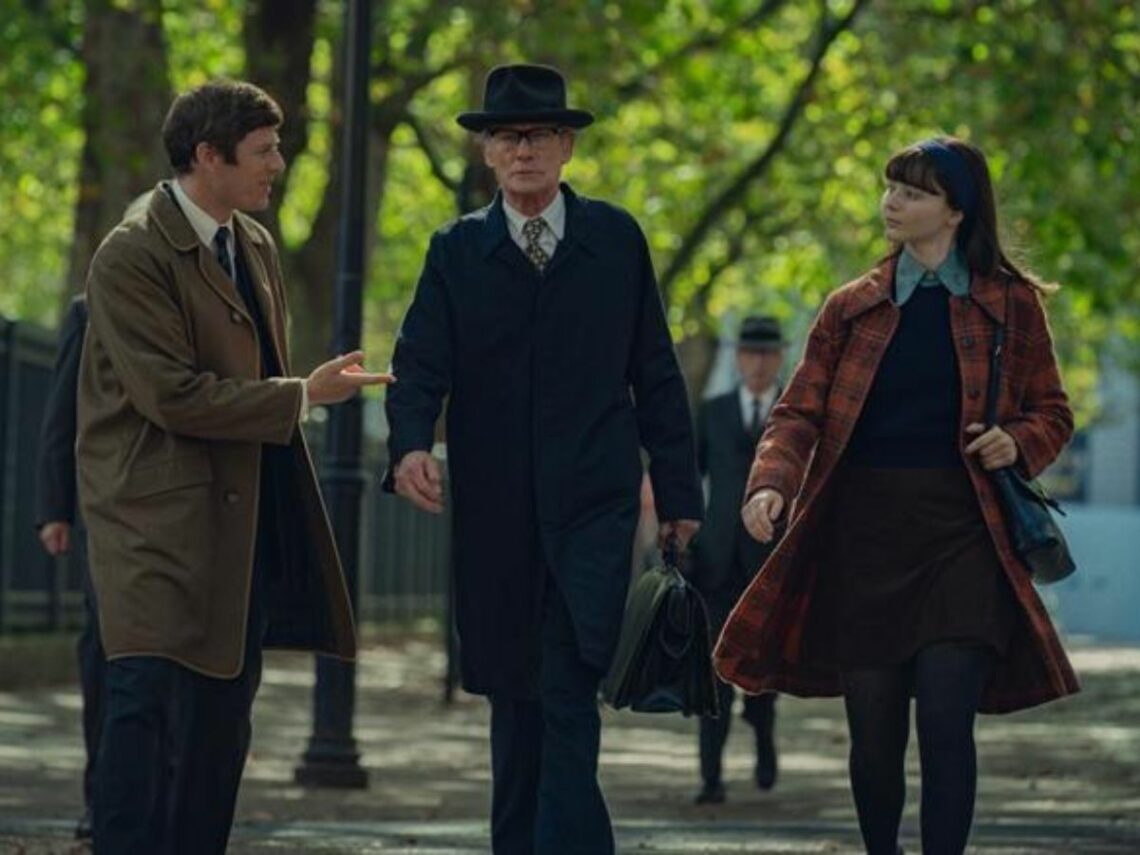Joy is an upcoming Netflix film directed by Ben Taylor, telling the remarkable true story of the world’s first in vitro fertilisation (IVF) baby.
The screenplay, crafted by Jack Thorne, is based on a story developed by Thorne and his wife, Rachel Mason. Produced by Wildgaze and Pathé for Netflix, the film features a talented cast, including Bill Nighy (who will be seen in The Beautiful Game earlier this year), Thomasin McKenzie, and James Norton.
Set in the 1960s and 1970s, Joy follows the journey of a nurse, portrayed by McKenzie, alongside a visionary scientist, played by Norton, and an innovative surgeon, played by Nighy. Together, they set on a groundbreaking mission to develop the world’s first ‘test tube baby,’ ultimately leading to the birth of Louise Joy Brown in 1978.
Nighy takes on the role of Patrick Steptoe, the pioneering surgeon, while McKenzie portrays Jean Purdy, a key figure in the development of IVF technology, and Norton depicts Robert Edwards, the visionary scientist behind the breakthrough.
With its focus on scientific innovation, perseverance, moralistic pushback, and the ethical dilemmas surrounding assisted reproductive technologies, Joy promises to be a compelling exploration of one of the most significant medical achievements of the 20th century. But if you are wondering about who is Louise Joy Brown and what is the true story of her extraordinary birth, read on.
Who is Louise Joy Brown?
Louise Joy Brown holds a significant place in medical history as the world’s first baby conceived through in vitro fertilisation (IVF). Born on July 25th, 1978, in Oldham, England, Louise’s birth marked a groundbreaking achievement in reproductive medicine.
IVF involves fertilising an egg with sperm outside the body and then implanting the embryo into the uterus. Louise’s parents, Lesley and John Brown had struggled with infertility due to blocked fallopian tubes, making conventional conception impossible.
The pioneering work leading to Louise’s birth was conducted by British scientists Dr Patrick Steptoe and Dr Robert Edwards. Their research, spanning several years, culminated in the successful birth of Louise, demonstrating the feasibility of IVF as a solution for infertility.
Louise’s birth sparked both excitement and ethical debates about assisted reproductive technologies. Despite initial scepticism and controversy, IVF has since become a widely accepted method for helping parents conceive. Louise, along with her younger sister Natalie, born in 1982 through the same technique, became symbols of hope for millions of couples struggling with infertility. Throughout her life, Louise has embraced her role as a symbol of scientific progress and hope for families facing similar challenges.
While there is no release date yet, we can expect Joy to arrive in the latter half of 2024. You can watch the first look of Joy here:
